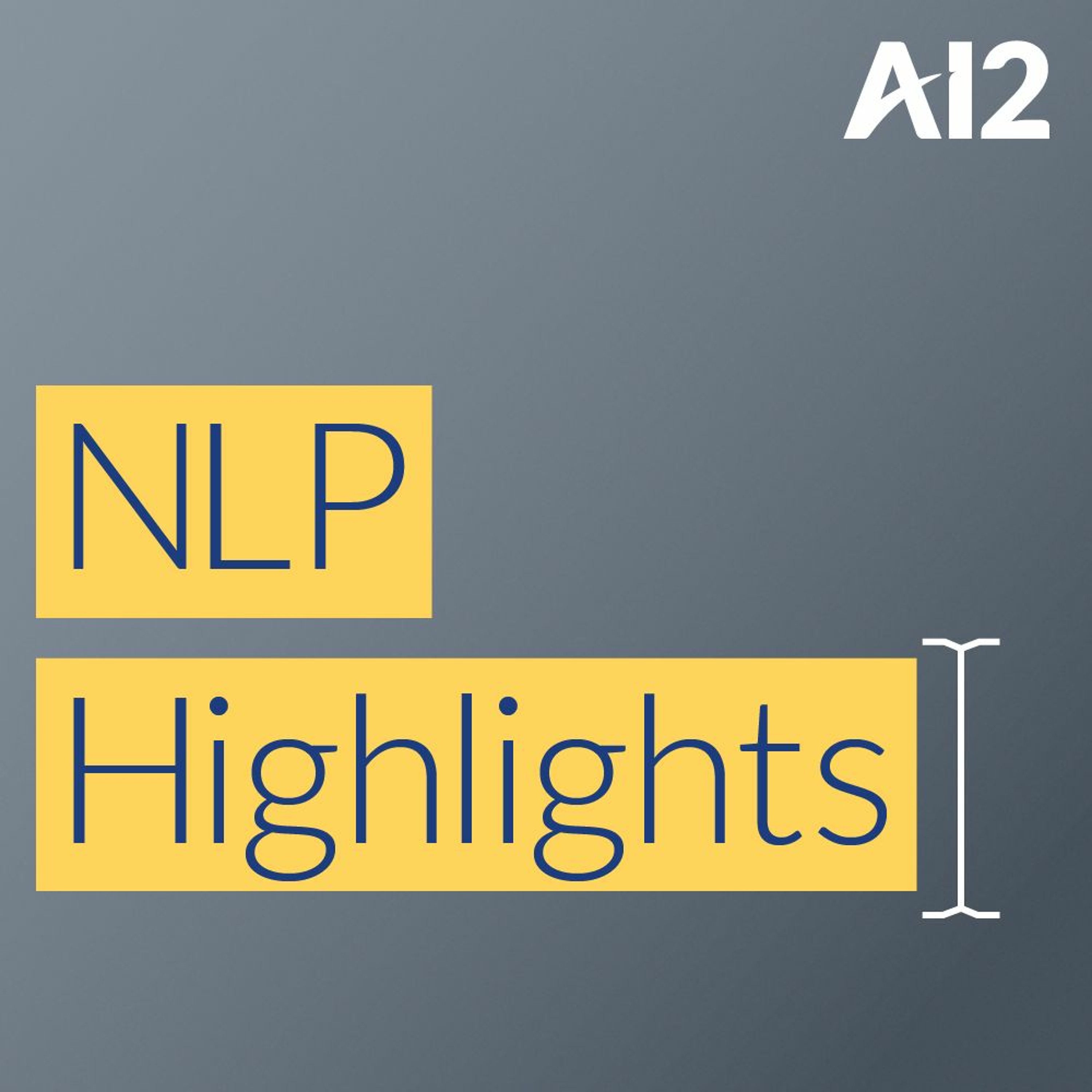138 - Compositional Generalization in Neural Networks, with Najoung Kim

Compositional generalization refers to the capability of models to generalize to out-of-distribution instances by composing information obtained from the training data. In this episode we chatted with Najoung Kim, on how to explicitly evaluate specific kinds of compositional generalization in neural network models of language. Najoung described COGS, a dataset she built for this, some recent results in the space, and why we should be careful about interpreting the results given the current practice of pretraining models of lots of unlabeled text.\n\nNajoung's webpage: https://najoungkim.github.io/\n\nPapers we discussed:\n1. COGS: A Compositional Generalization Challenge Based on Semantic Interpretation (Kim et al., 2020): https://www.semanticscholar.org/paper/b20ddcbd239f3fa9acc603736ac2e4416302d074\n2. Compositional Generalization Requires Compositional Parsers (Weissenhorn et al., 2022): https://www.semanticscholar.org/paper/557ebd17b7c7ac4e09bd167d7b8909b8d74d1153\n3. Uncontrolled Lexical Exposure Leads to Overestimation of Compositional Generalization in Pretrained Models (Kim et al., 2022): https://www.semanticscholar.org/paper/8969ea3d254e149aebcfd1ffc8f46910d7cb160e\n\nNote that we referred to the final paper by an earlier name in the discussion.